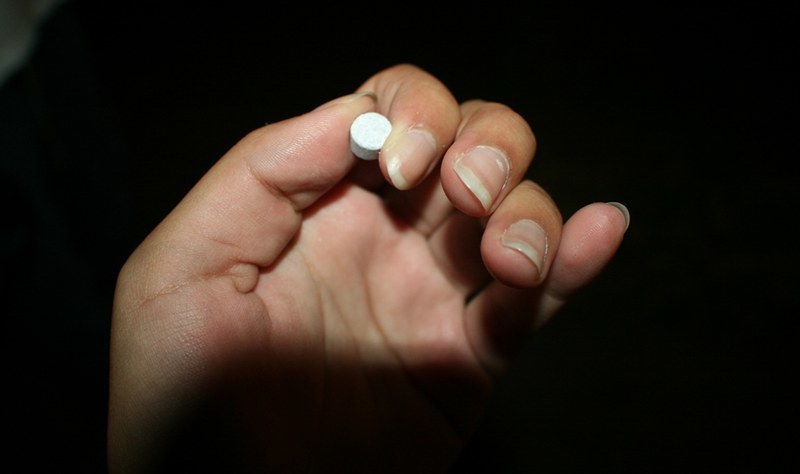Tayside’s market for the party drug ecstasy has all but disappeared over the past three years, new figures show.
Information obtained by The Courier from Tayside Police shows that while £171,697 of the class A substance was seized in the region in 2007, the figure had dwindled to just £1337 by 2009.
But experts have warned this is largely due to the “worrying” rise in popularity of so-called legal highs such as the recently criminalised mephedrone of which the long-term effects are virtually unknown.
So far this year, officers have recovered only £436.50 of the drug in the area.
Gareth Balmer, from the Dundee office of leading drug and alcohol charity Addaction, said the apparent shift was a cause for concern.
He said, “The market for illicit ecstasy has taken a massive drop over the past few years and legal highs have become much more common.
“But this is an even bigger concern because we know very little about these alternatives. In some ways, it’s better the devil you know.”
He added, “What’s worrying is that people using these drugs know nothing about their long-term effects but it’s easy to find out where to buy them because of the rise of the internet and social media sites.
“Most of the chemicals that make up these drugs haven’t even been tested on animals, let alone humans.Guinea pigs”People are playing a risky game experimenting with these chemicals what they’re effectively doing is allowing themselves to be guinea pigs.
“We don’t even know what the long-term effects of ecstasy are yet so it’s impossible to say how these drugs might affect users in 20 years’ time.”
There has also been a sharp decline in the number of individuals charged with offences relating to ecstasy.
In 2007, 78 people appeared at courts in the region accused of supplying the drug or being in possession of it with intent to supply but last year just six people were charged with the same offence.
Figures for 2010 indicate that the total has declined even further, with just two people appearing on the same charge.
In addition, 134 people were charged with the less serious offence of being in possession of ecstasy in 2007 a figure which had fallen to 17 last year and stands at six for 2010 to date.
A police spokesman attributed the “significant” drop to the success of law enforcement agencies in reducing the drug’s availability but admitted that it was also indicative of a “switch to the supply and use of other drugs.”
He added, “The Serious Organised Crime Agency and their enforcement partners were successful in making it hard for criminals to acquire the constituent chemicals that go into making ecstasy.
“As a result, it was less available and what was being sold had limited efficacy.”
Photo used under the Creative Commons licence courtesy of Flickr user Satoshi.
